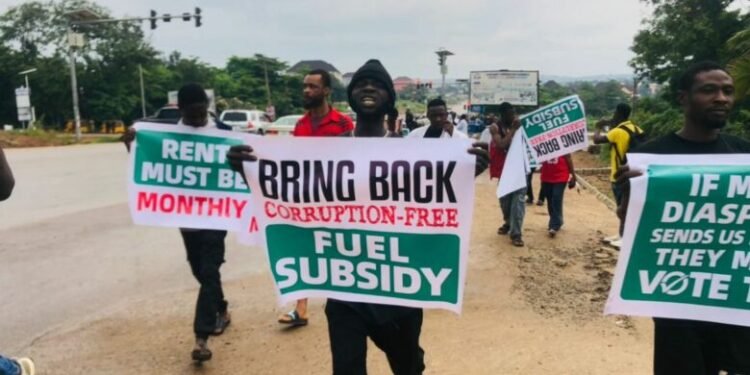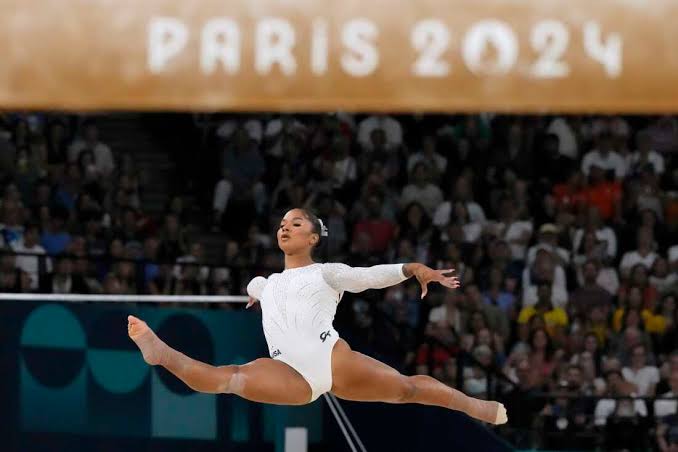#EndBadGovernance protest: Protecting journalists in Nigeria
Nigerian journalists operate under sombre and inhuman conditions and are victims of state operators and perverse individuals who wallow in corruption and are averse to the truth, which the tenets of journalism stand for.

THE recent verdict of the Lagos High Court ordering the Lagos State Government to investigate the death of a journalist, Pelumi Onifade, 20, and prosecute the killers, offers a vista of hope for unfettered media practice and administration of justice in the country. The Gboah TV online reporter was arrested by security agents while covering the October 2020 #EndSARS protest in Oko-Oba, Agege, in Lagos. His body was later mysteriously deposited in a mortuary in Ikorodu.
Onifade’s fatal encounter with the security operatives is one of the scores of the killings, arrests, brutalities, and intimidations journalists have suffered at the hands of security operatives here.
In its 2023 survey, the Committee to Protect Journalists lists Nigeria as the most dangerous place in Africa for journalists, after Somalia. The 2024 World Press Freedom Index by Reporters Without Borders says Nigeria is one of the most dangerous and difficult countries for journalists, who are regularly monitored, attacked, and arrested in West Africa. It ranked the country 112th out of 180 countries in 2004, down from 123rd in 2023.
In a democratic country that recognises the right of the people to protest, scores of journalists were harangued, battered, beaten, arrested, and detained across the country during the #EndBadGovernance protest.
The International Federation of Journalists quotes local reports as saying that on the third day of the protest alone, 31 journalists were attacked countrywide while covering the protest. Yakubu Mohammed of Premium Times, Jide Oyekunle of Daily Independent, and Kayode Jaiyeola, a PUNCH photojournalist, were brutalised by police during the protest.
The Media Rights Agenda said 19 journalists were brutally murdered in Nigeria between 1999 and 2022.







